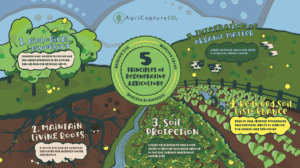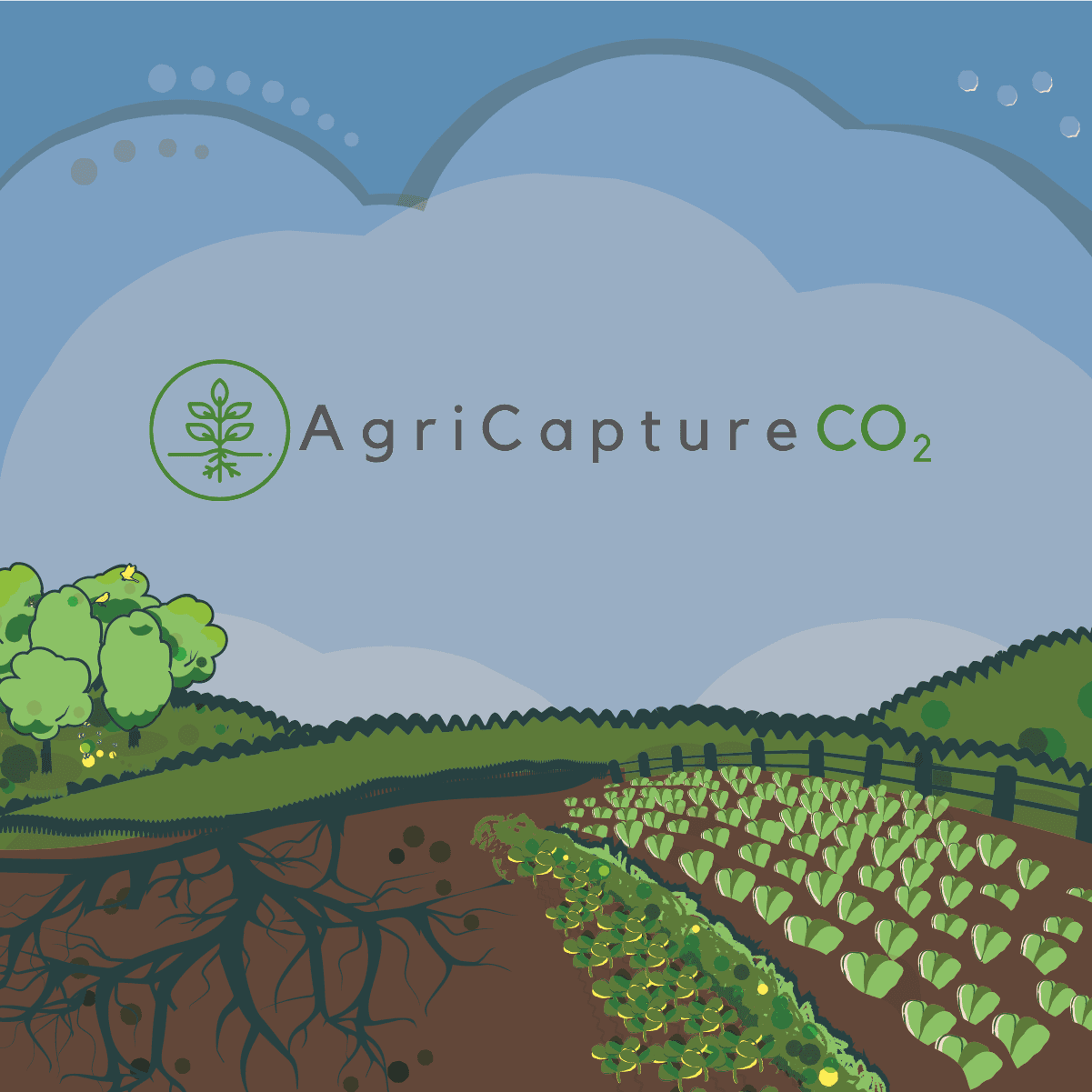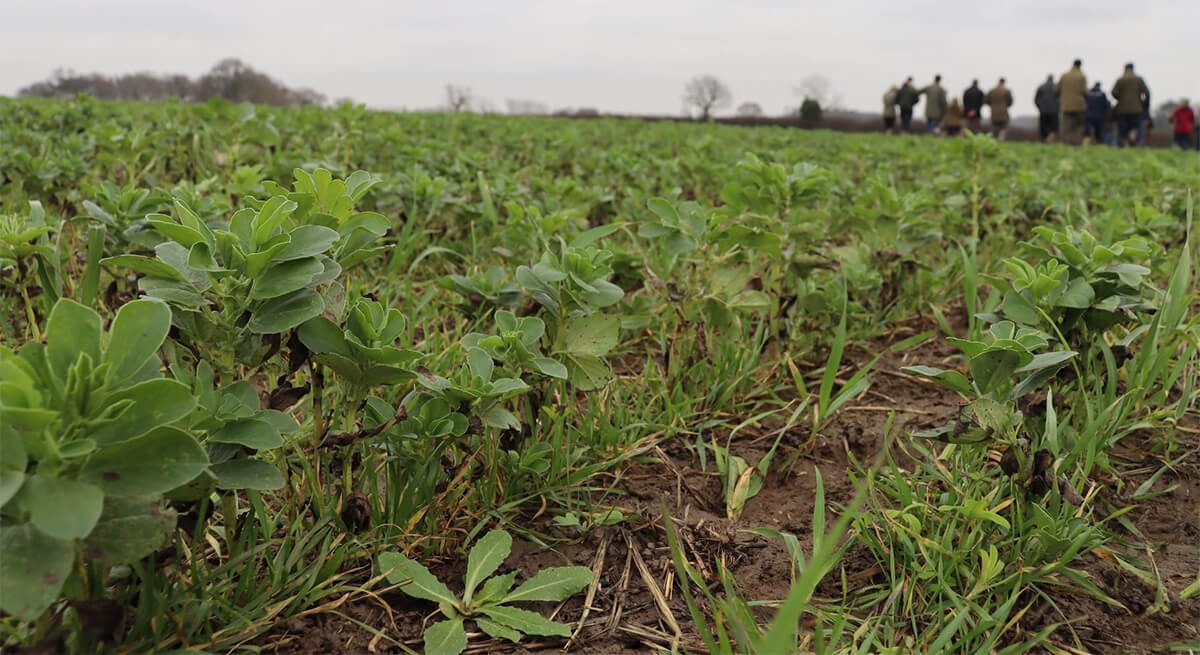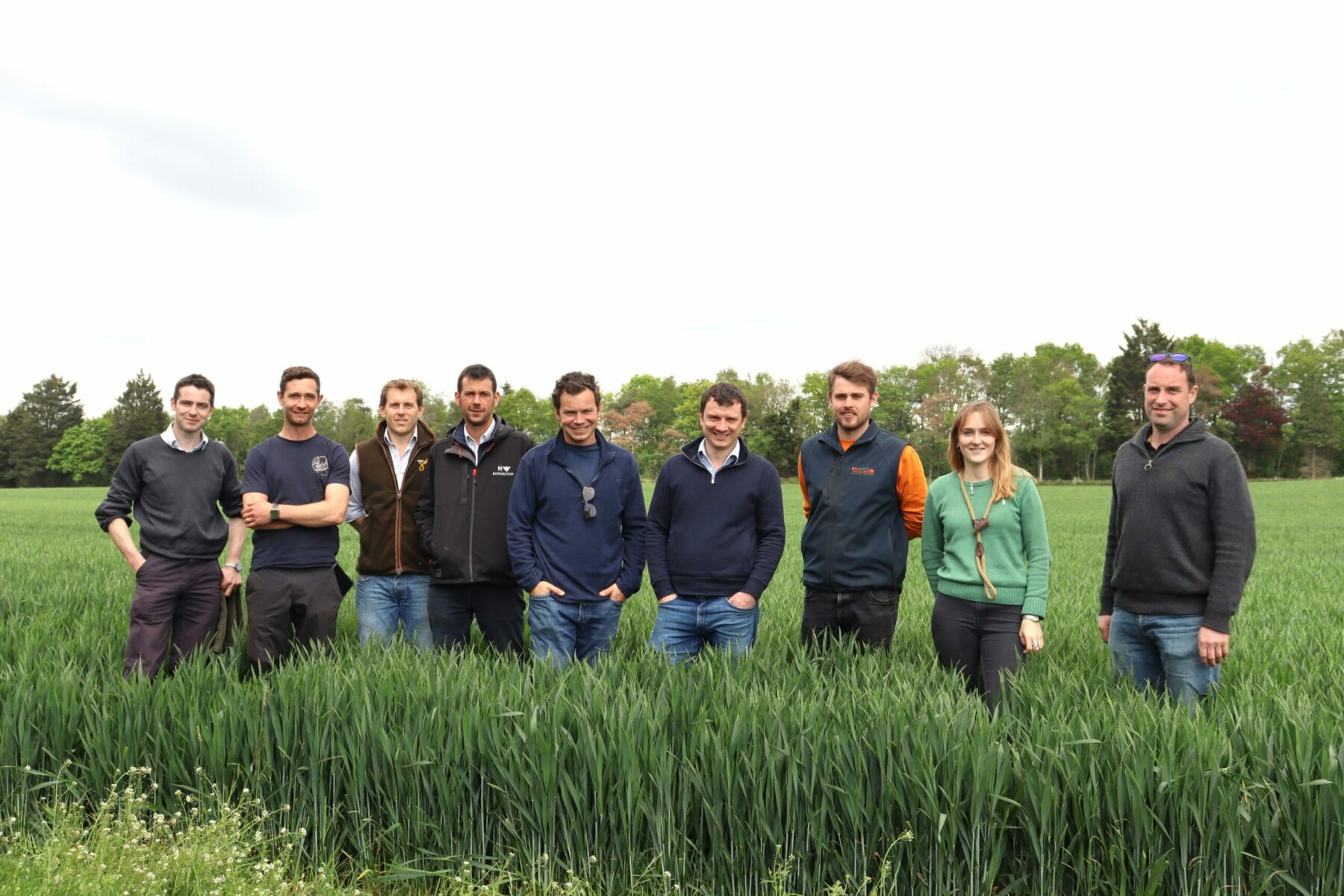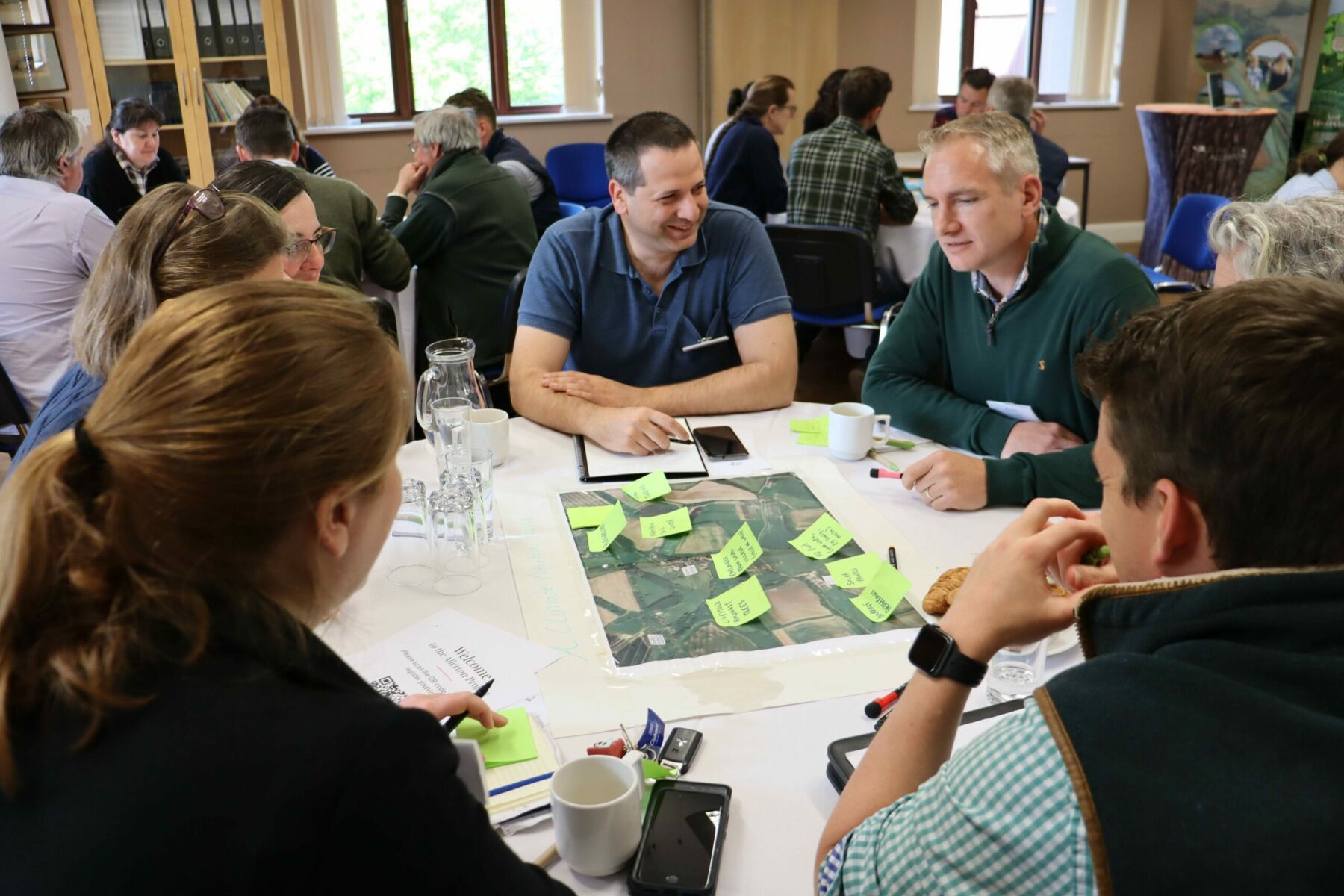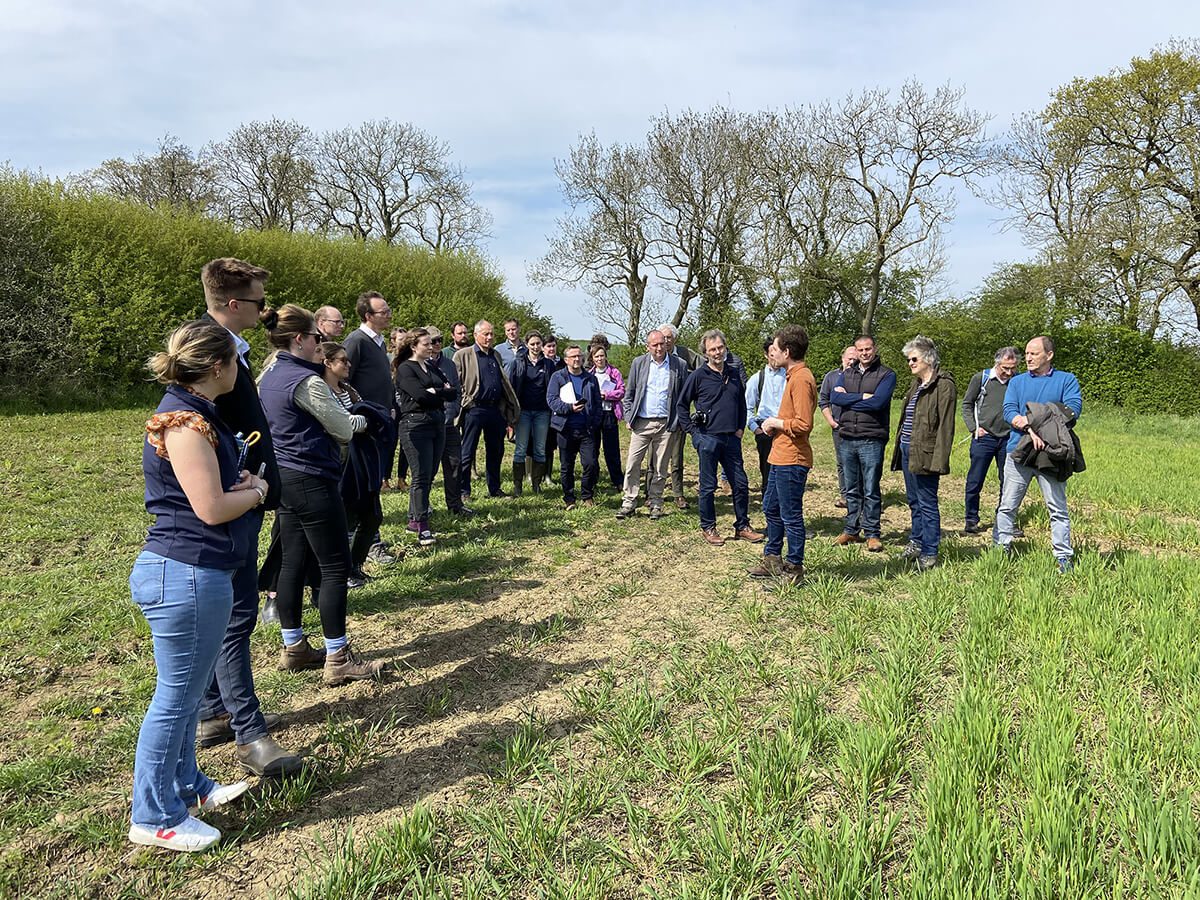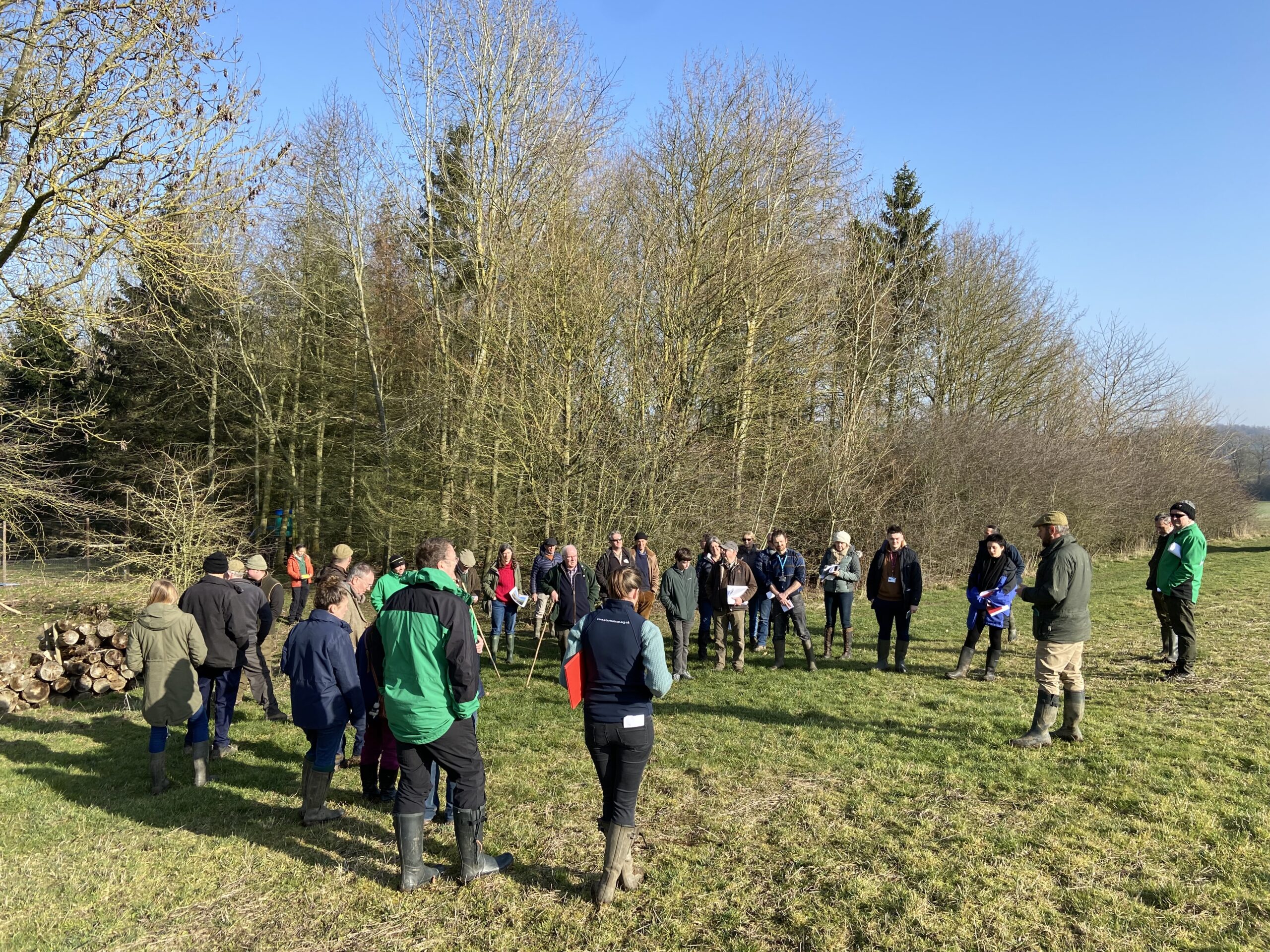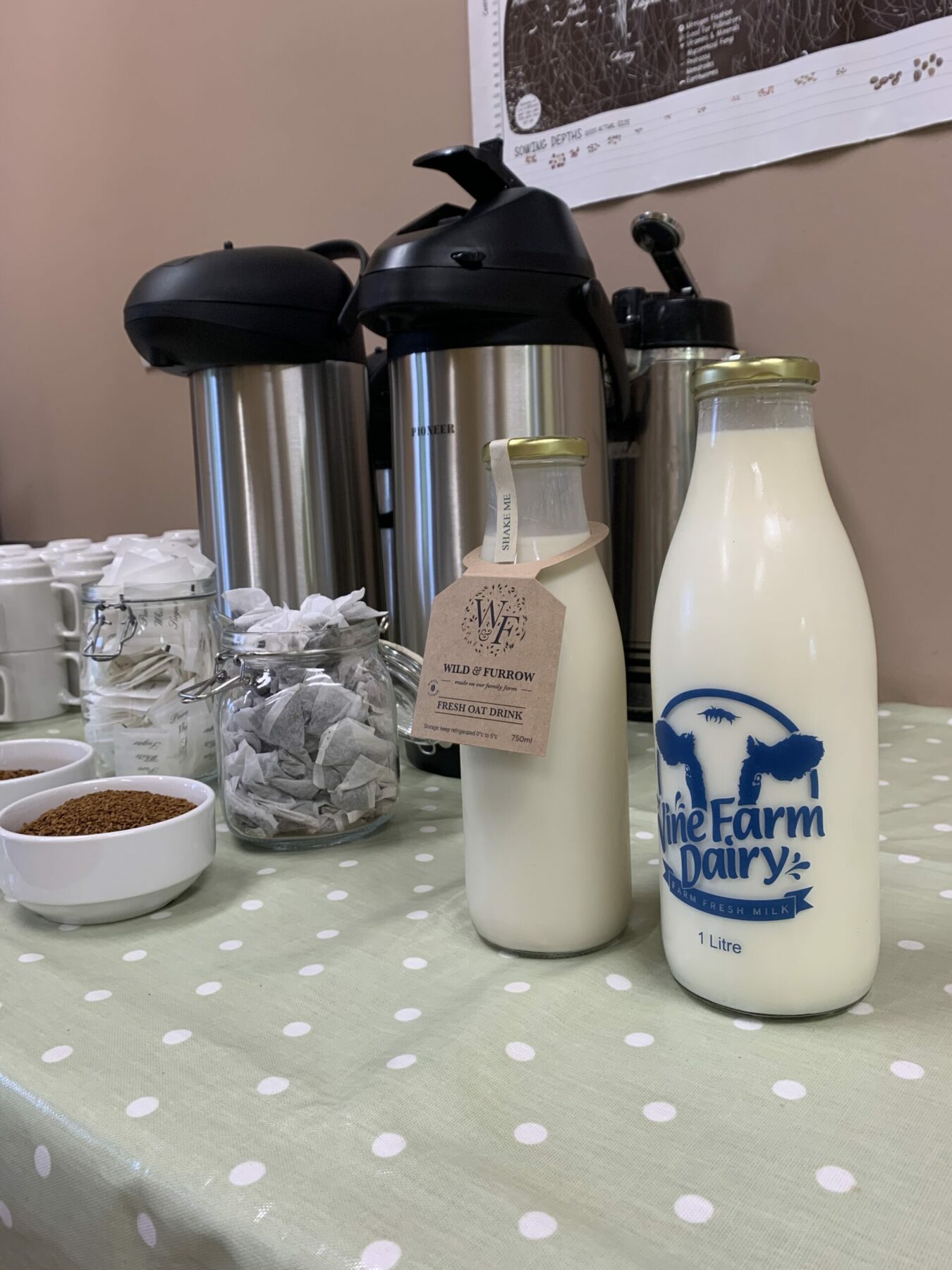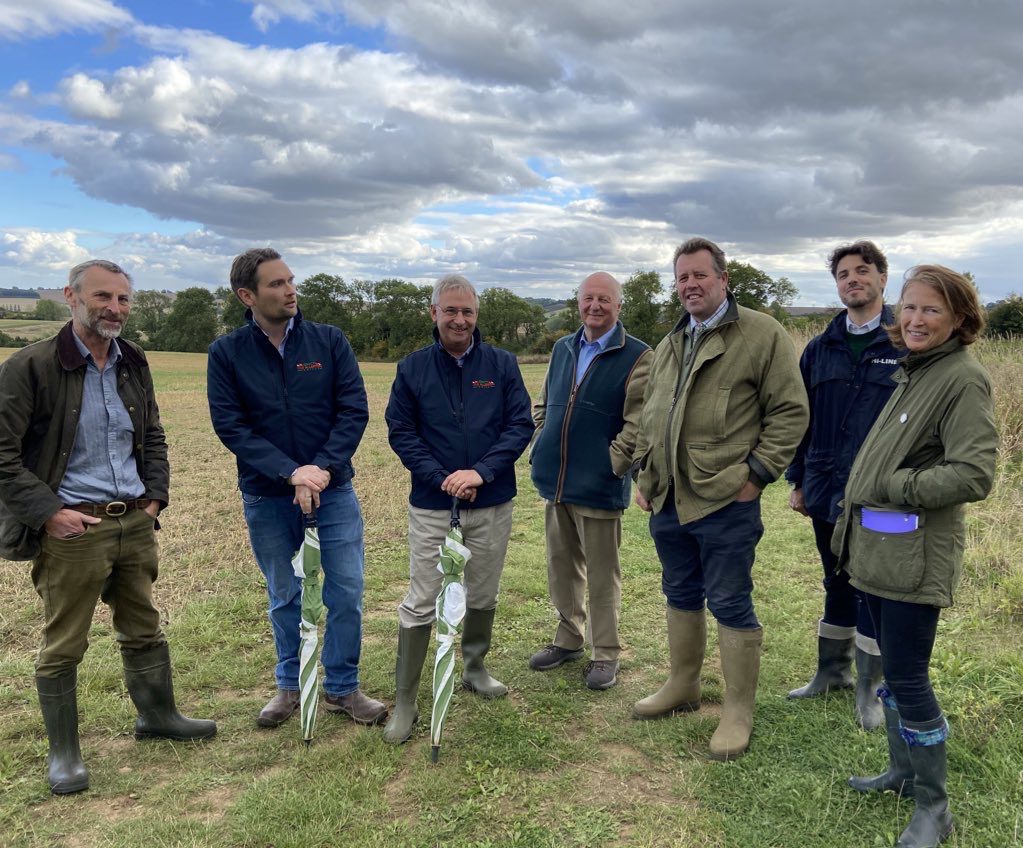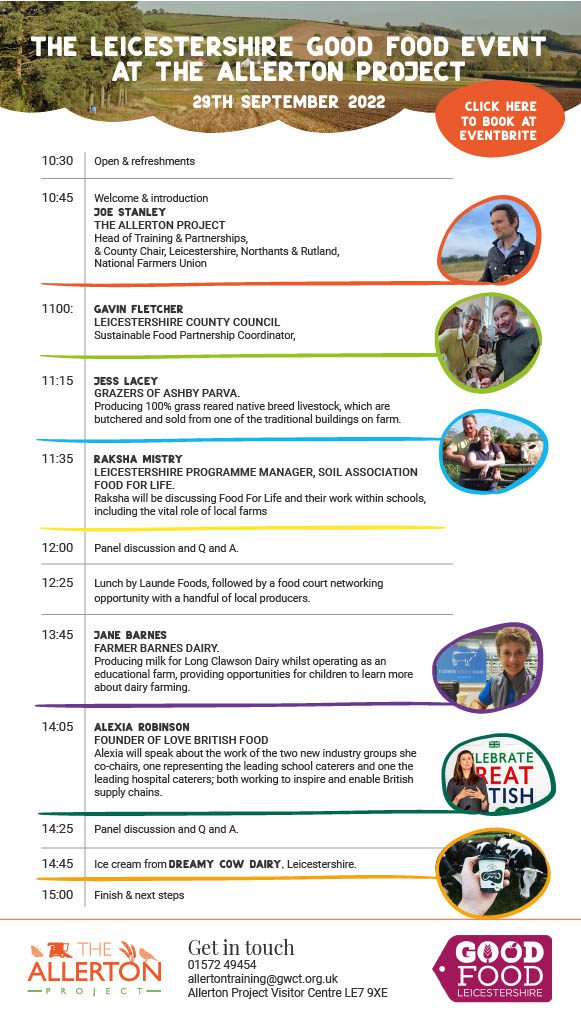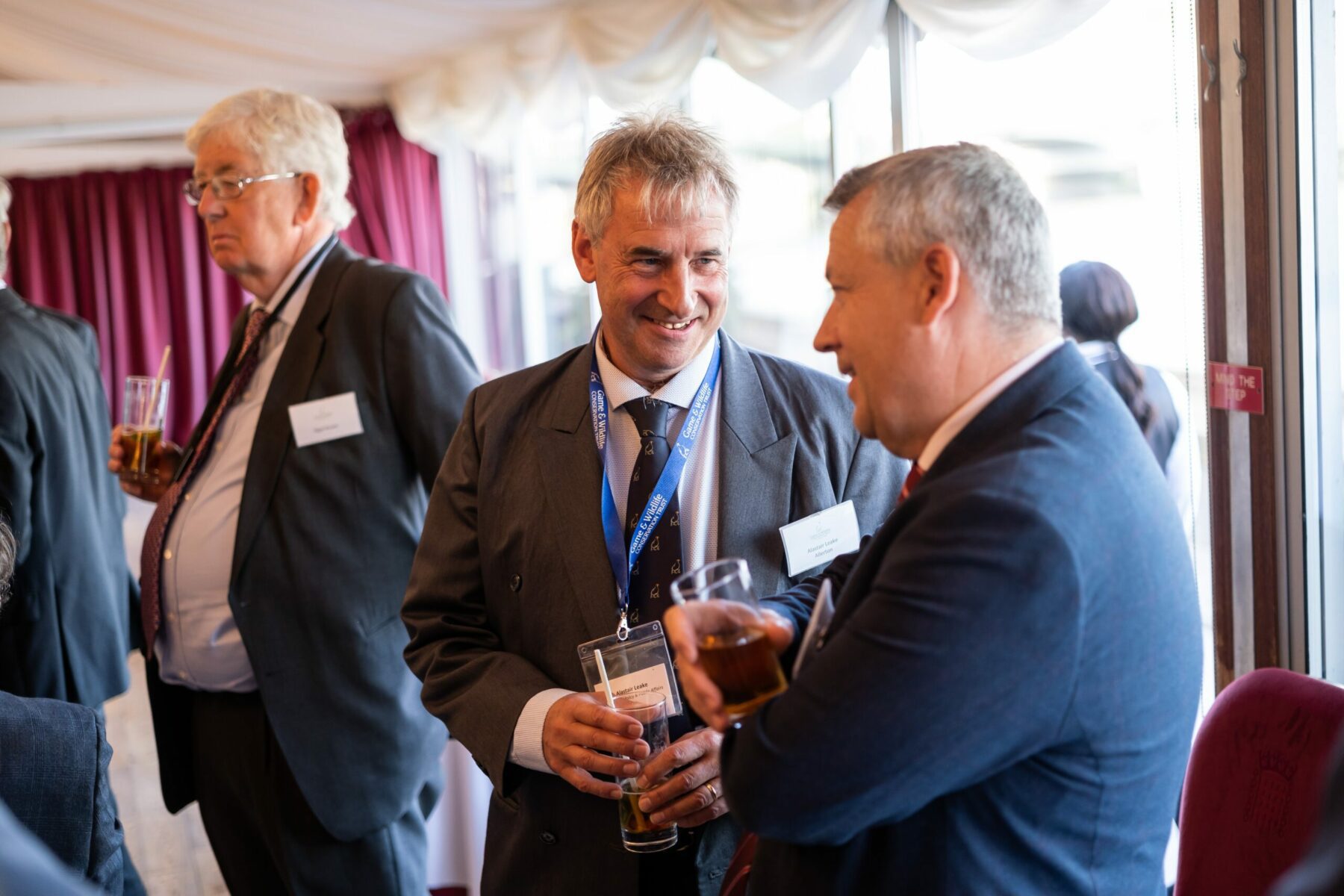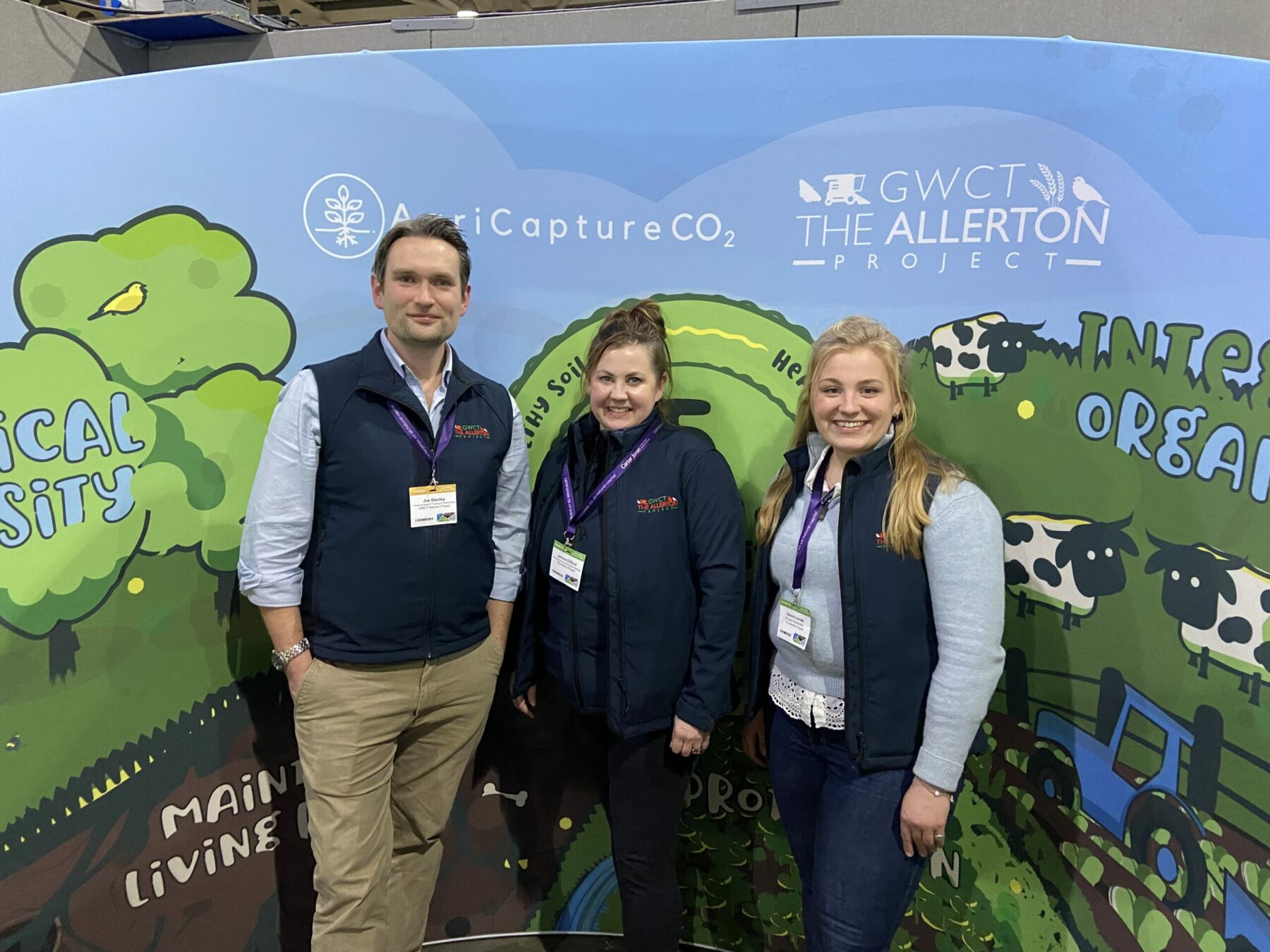

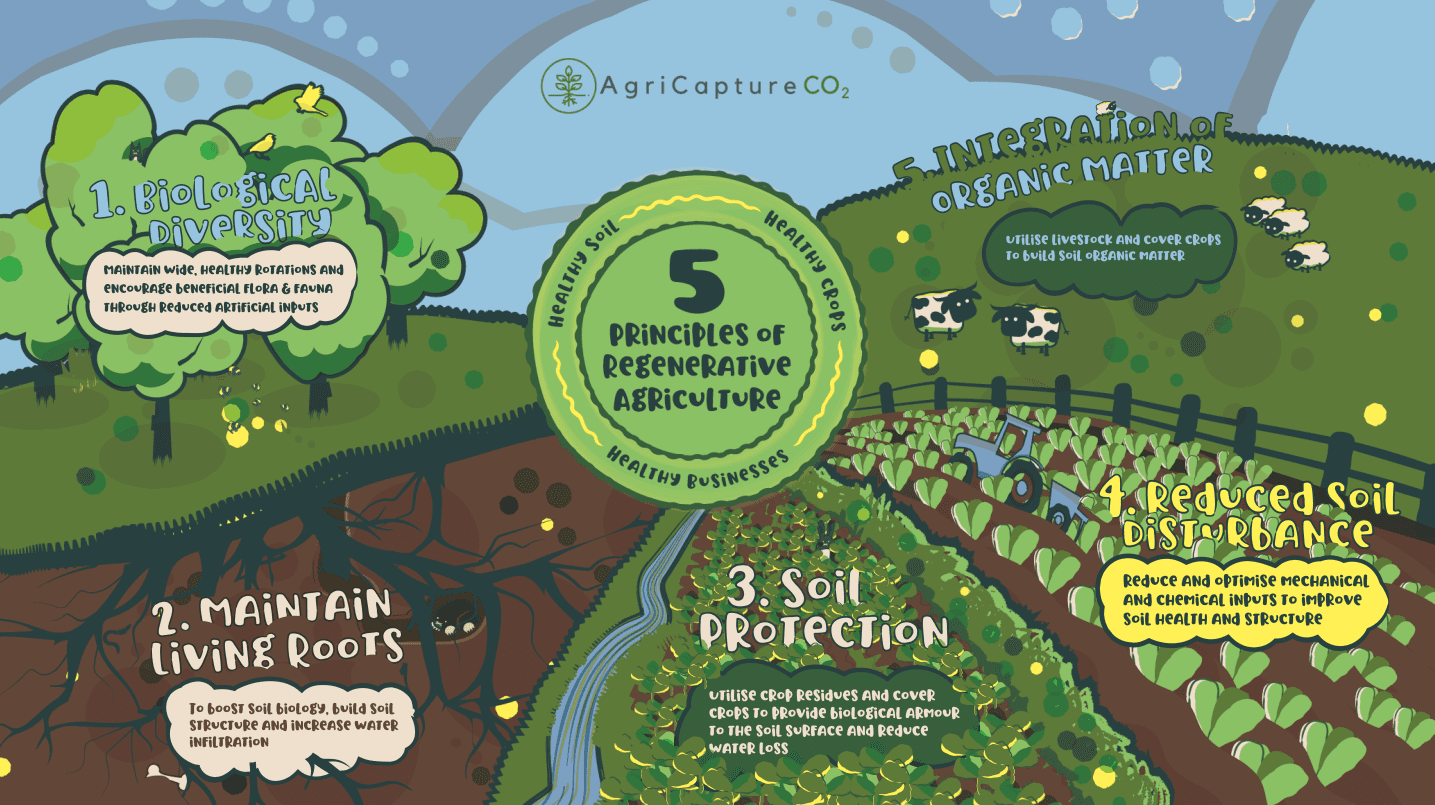

AgriCaptureCO2 recognises that there is a problem – climate change – but also that there is a potential solution – so called ‘regenerative’ agricultural practices, and approaches the issue of climate change and farming from a dual viewpoint:
· That regenerative, more sustainable farming practices are good for the long-term health, productivity and resilience of our farmed soils, and therefore ultimately for farm profitability.
· That such practices lead to the long-term accumulation of soil organic matter and subsequently carbon, and therefore offer the potential for farmed soils to act as a carbon sink, helping to mitigate some of the impacts of climate change to the benefit of society as a whole while also opening the possibility of allowing farmers to conduct carbon trades in future.
The Allerton Project’s prime role within the consortium has been to help develop a European Regenerative Agricultural Community (ERAC) of like-minded farmers, while also developing training materials around the five key principles of regenerative agriculture:
1. Increased biological diversity
2. Maintaining living roots in the soil
3. Soil surface protection
4. Reducing soil disturbance
5. Integration of livestock/organic matter
Within these five principles, we have agreed on a list of seventeen key practices covering a range of actions from optimising the use of inputs to improved soil management, and include practices such as the use of cover crops, establishment of agroforestry systems and the application of products such as biochar to increase soil organic carbon.
We also showcased some of the technical work of the project, primarily the AgriCaptureCO2 software platform which seeks to use earth-observation data, combined with existing soil datasets and AI, to calculate the levels of soil organic carbon present in farmland soils and reduce the costs of participating in soil carbon trading schemes by optimising the number of physical soil samples which need to be taken. We also showcased the Soil Passport concept, whereby land managers might enter all data relevant to soil health on a single electronic document for ease of reference and as a potential market advantage as the European focus on soil health and soil carbon increases.
The Allerton Project’s Head of Training & Partnerships Joe Stanley also spoke in one of the event seminars on the GWCT’s work on increasing on-farm biodiversity, presenting some of our thirty years of research and experience on practical measures which can be undertaken to help reverse the decline of key farmland wildlife species.
He commented: ‘It was great to be able to represent both AgriCaptureCO2 and the Allerton Project at the Low Carbon Agriculture show this year. Climate change and biodiversity loss are two of the biggest challenges society faces, alongside feeding a growing population. More sustainable agriculture is an absolute necessity, moving in a more regenerative direction will be a key element of squaring that circle for both people and planet.’
